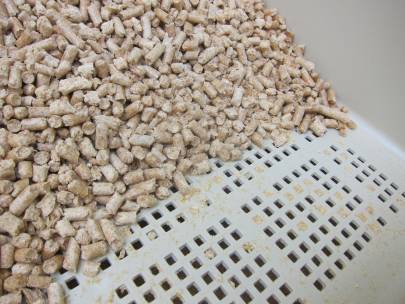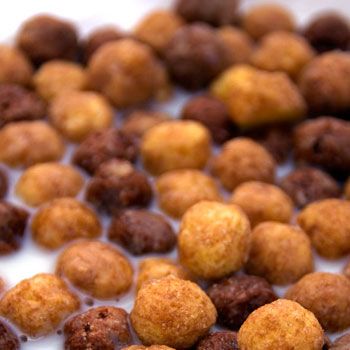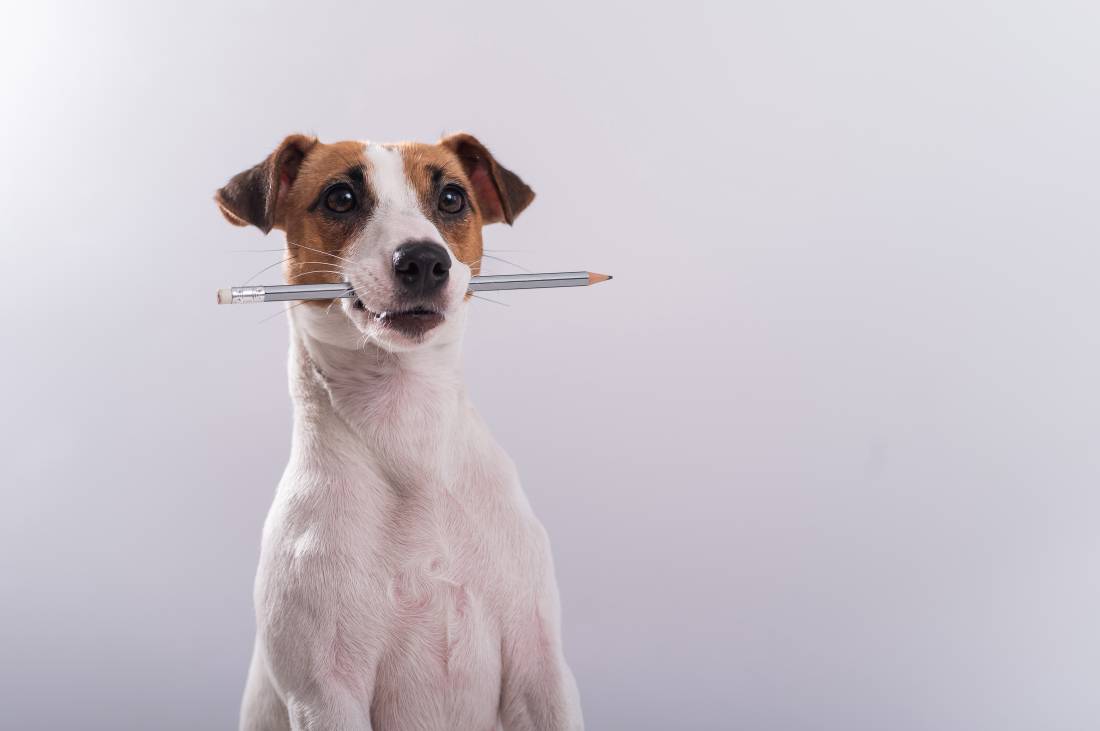Do you wear glasses? Do you use a glasses cleaner to keep them clean and streak-free? Then you’ll want to be aware that the liquid used to clean your lenses could be toxic to your dog.
Connect with a verified veterinarian in minutes. Licensed vets are available 24/7 to answer your questions. No need to worry about your furry family member.
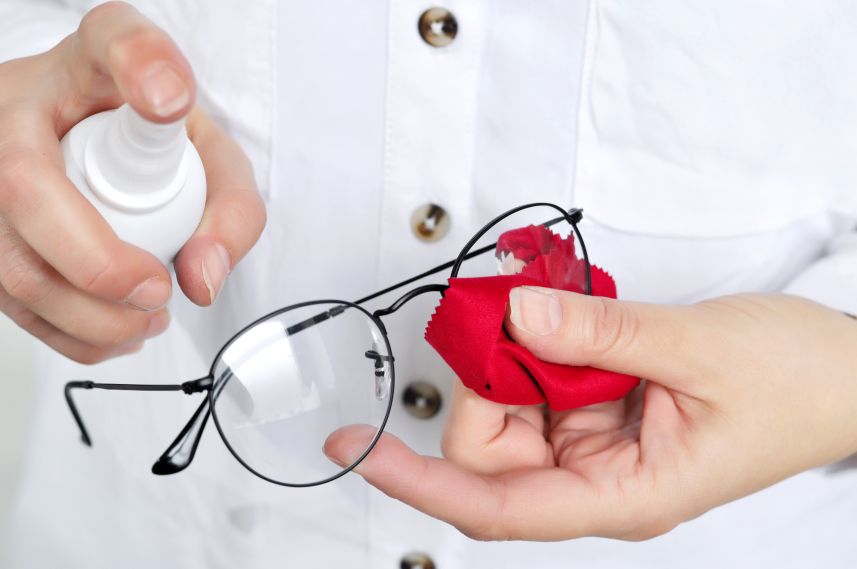
What’s in Glasses Cleaner?
Many glasses cleaners include isopropyl alcohol or ammonia, both can be toxic to dogs. These chemicals are used in glasses cleaners because they’re great at stripping away grease and bacteria on the lenses.
It’s important to note that not all glasses cleaners use these substances in their cleaning solutions. Some may use mild detergent to get the job done.
Isopropyl Alcohol & Dogs
Isopropyl alcohol (also known as ‘rubbing alcohol’) can poison dogs. In fact, it can be quite deadly if your dog happens to lick it up, chew the bottle or swallow some of the liquid.. The problem is that this substance is quickly absorbed after it’s ingested and can cause a life-threatening medical emergency as soon as thirty minutes after ingestion. Isopropyl alcohol is twice as toxic to dogs as normal ethanol alcohol (the type we drink).
Symptoms of isopropyl alcohol poisoning in dogs can include the following:
- Disorientation
- Loss of body control
- Weakness
- Diarrhea
- Excessive salivation
- Excitement then lethargy
- Depression
- Difficulty breathing
- Coma
- Seizures
- Heart rhythm issues
If your glasses cleaner contains isopropyl alcohol, and your dog has swallowed some, then call the vet immediately. This is a medical emergency.

Review symptoms, medications & behavior to keep your pets healthy with a Vet Online in just minutes.
Ask a Vet Live NowAmmonia & Dogs
Ammonia can harm your dog in two ways:
1). The fumes can cause extreme irritation to your dog’s airways if inhaled
2). Ammonia is a known toxin for dogs and can make them very sick. The most common signs of toxicity in dogs include:
- Vomiting
- Diarrhea
- Excessive salivation
- Muscle weakness
- Difficulty breathing
- Convulsions/shaking
- Loss of balance
What to Do If Your Dog Has Swallowed Glasses Cleaner
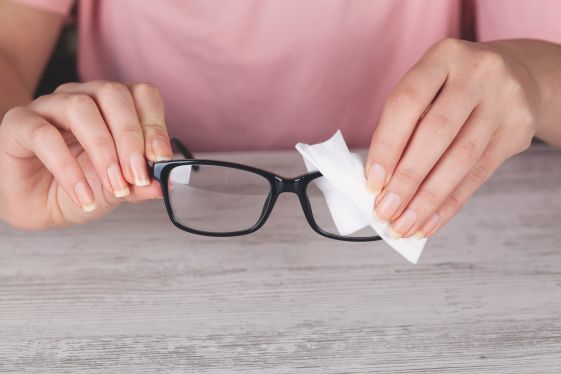
The first thing to do is note the ingredients on the glasses cleaner, if listed. Call the vet and let them know what’s happened. They will probably advise you to bring your dog in to be checked. Be sure to take the glasses cleaner container in with you, even if it doesn’t list the ingredients. The vet may be able to contact the company or a pet poison hotline to check on the cleaner’s ingredients.
When you get to the vet’s, they will do a physical exam and order lab tests to check your dog’s blood for any signs of organ damage.
If the glasses cleaner was swallowed a short time ago, then the vet may induce vomiting, depending on the ingredients it contains. However, if the cleaner solution was swallowed longer ago, then the vet may try to use activated charcoal. This works to keep any remianing cleaning solution from being further absorbed by the intestines, causing damage to your dog’s major organs.
In all cases, the key here is fast and prompt action once you realize your dog has swallowed some glasses cleaner. The sooner you can get your dog to the vet, the sooner treatment can be applied, which could just save your dog’s life!
Connect with a verified veterinarian in minutes. Licensed vets are available 24/7 to answer your questions. No need to worry about your furry family member.

Rebecca MacMillan, BVetMed BSAVA PGCertSAM MRCVS
This article has been reviewed and approved by an independent Veterinarian: Rebecca is a companion animal vet who has always had a passion for writing and client communication. Since her graduation from the Royal Veterinary college in 2009 she has gained a wealth of experience in first opinion small animal practice, in both clinical and managerial roles. She currently works in the South West and deals with a variety of routine and emergency appointments, but particularly enjoys medicine cases. Outside of work and writing, she enjoys spending time with her family, including her bouncy flat coated retriever George!
Review symptoms, medications & behavior to keep your pets healthy with a Vet Online in just minutes.
Ask a Vet Live Now



